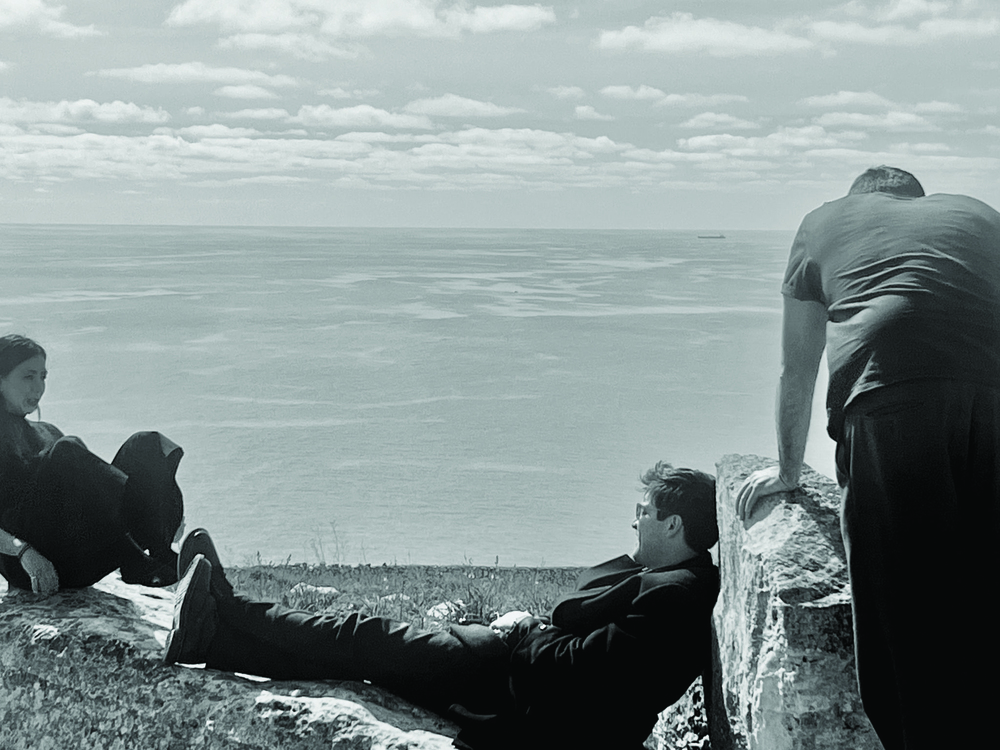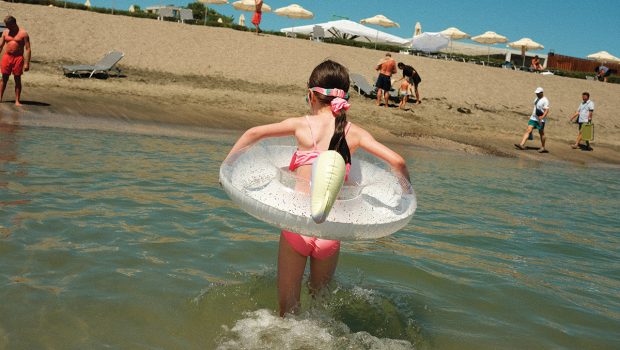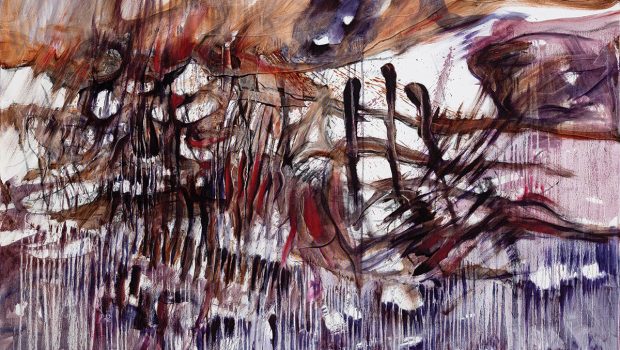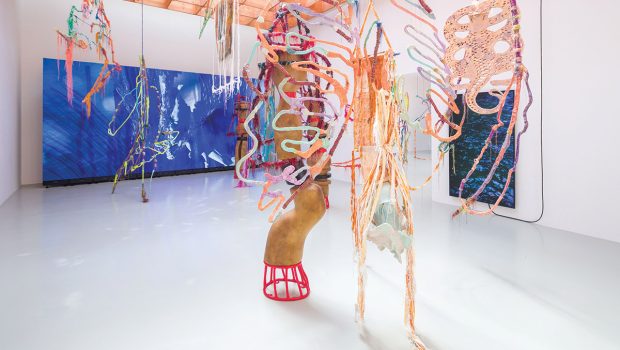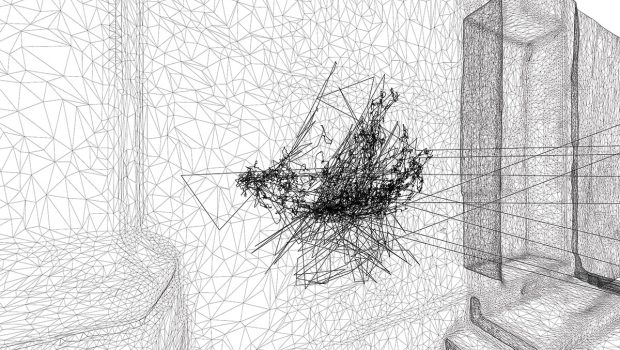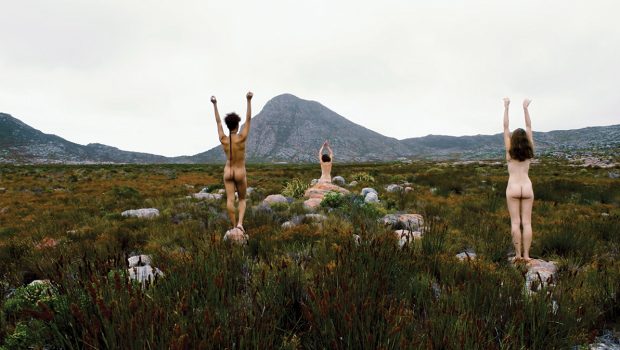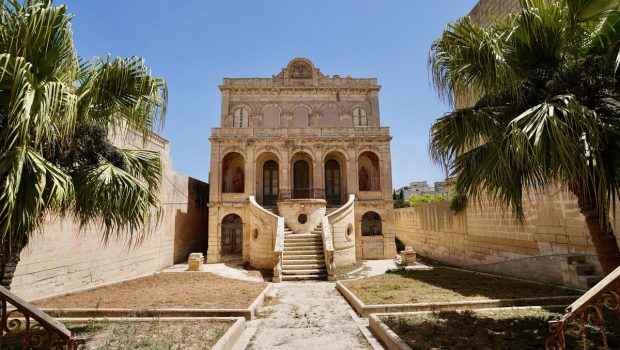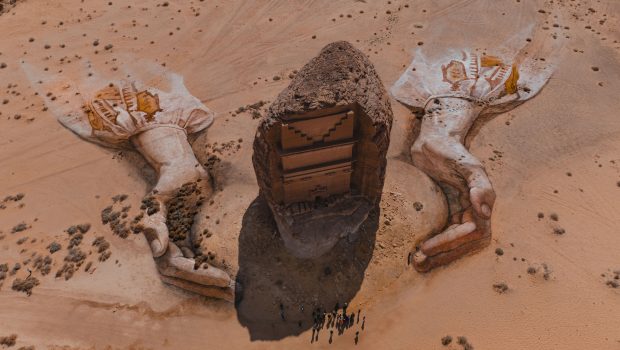Rethinking Lampedusa. Rethinking Malta
Erica Giusta in conversation with Roberta Esposito, Leonardo Caffo and Carlo Alberto Giardina, the research group behind one of the key contributions to the upcoming Curatorial Public Programme of maltabiennale.art
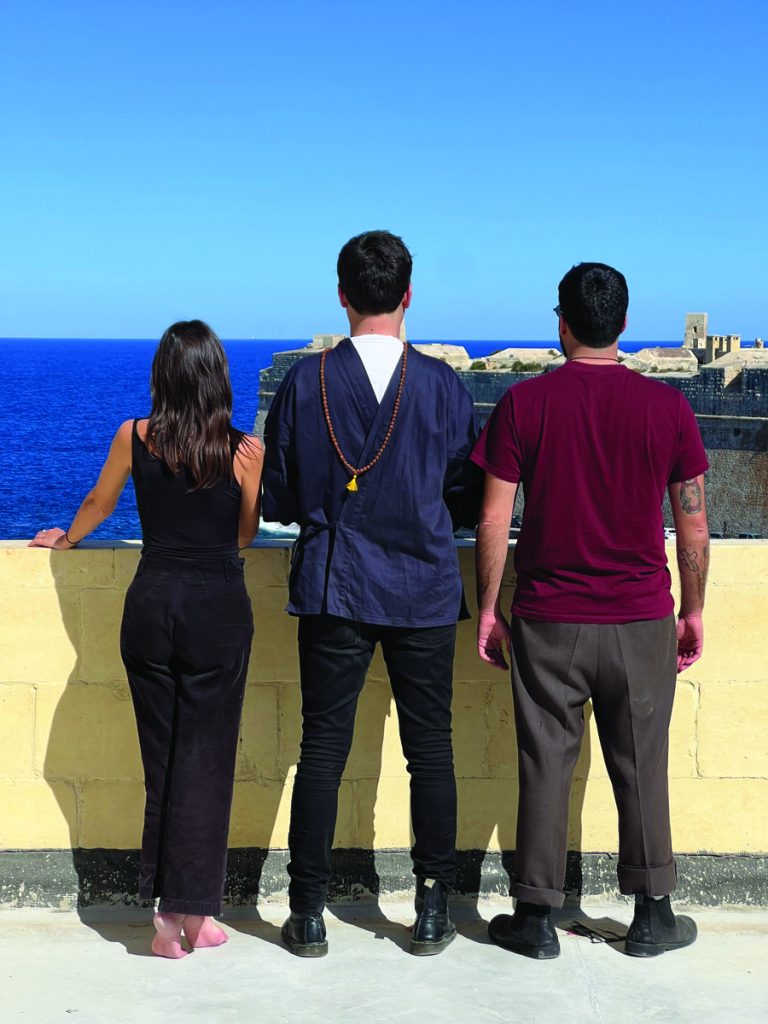
‘Rethinking Lampedusa. Rethinking Malta’ presents itself as a hybrid educational-artistic and performative project, partaking in the mission of this Biennale and its Public Programme to positively impact local communities in a direct way, by committing to “breaking down barriers and creating a more inclusive and vibrant cultural scene across the islands” as the Biennale curatorial team explains. “The Programme aims to be a transformative initiative that not only showcases contemporary art but also empowers communities and individuals to become active participants in their own cultural heritage. The heart of the programme lies in its series of workshops, strategically located at various Biennale venues – these workshops will be open to the public, making art education and cultural enrichment accessible to all. The artworks will serve as an activating device for these workshops, triggering inclusive processes of cultural fruition, allowing participants to explore their creative potential and connect with the works in a manner that is both visceral and personal.”
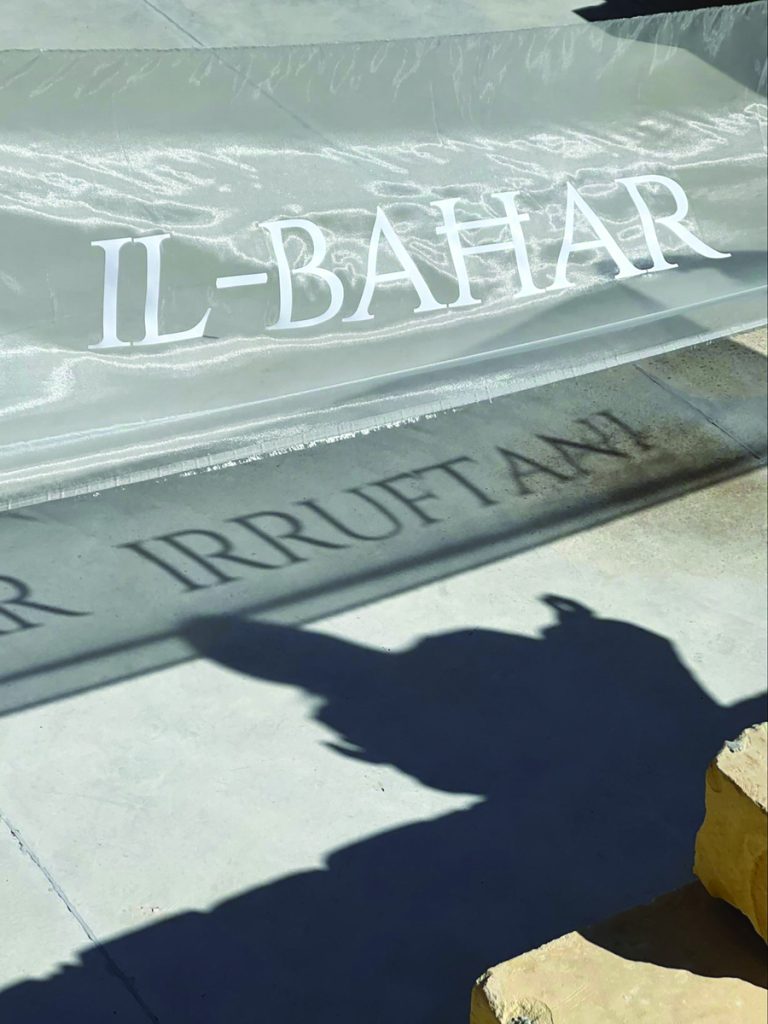
Amongst the projects of the Public Programme, ‘Rethinking Lampedusa. Rethinking Malta’ explores the visceral and the personal in a most real and honest way, by prioritizing the human element at all times, and at all stages of development. From the experience of communal life in Lampedusa to that of the ensuing crossing towards the shores of Malta, the project requires a serious commitment on a personal level from all participants. Structured as an art-residency and coordinated by philosopher and writer Leonardo Caffo, it will involve a mixed group of artists, photographers, musicians, and students from the MADE – Accademia delle Belle Arti of Siracusa (Italy) and the Malta College of Arts Science and Technology, who will draw an imaginary geo-political mapping of the island of Lampedusa and its dominant narratives, followed by an 18-hour long journey towards Malta on two boats confiscated by the Italian maritime authorities to human traffickers. These boats will be repurposed as vessels of hope, as symbols of possible change and positive transformation, highlighting “the resilience of a sense of faith that echoes with the shared struggles and aspirations of those who have traversed the Mediterranean in search of a better life”, as the team explains.
Once in Malta, the group will contribute to the Biennale with a series of talks and activities revolving around the central theme of migration in the Mediterranean, which will take place in a space set up by the group as a ‘meditative chamber’ at the Armoury of the Knights in Birgu. A collective meditation will be encouraged and guided by the project’s curators, who will also present “Il mare mi ha rifiutato”, a site-specific installation referencing the connection between the two islands.
“The symbolic connection between the two islands aims to become a vessel for dialogue, understanding, and empathy. Mending the Mediterranean is a journey that transcends geographical boundaries, inviting participants to reflect on their place in the world, to rethink preconceived notions of borders and identity, as an invitation to collectively reimagine the future”, Roberta explains, while Leonardo adds that the perspective is one that considers the Mediterranean ‘a territory’, independently from Shenghen agreements and Frontex-patrolled borders.
What is this Mediterranean made of? Who are we and what is our role in the dynamics at play in this territory, in which 28,000 people died in the past ten years, while trying to cross it? Can we immerse ourselves in this context of uncertainty and migration? What is Malta’s responsibility? What are our responsibilities as individuals?
This structured drifting on the Southern borders of Europe, between two centres at the periphery of two conflicting worlds, will tackle several key questions engaging critically with the condition of migrants in both Lampedusa and Malta, challenging the existing geo-political borders and the idea of nation-state, “speculating on the concept of the island as an utopia where an inclusive, communal and reciprocal way of living is possible” as the team wrote in their curatorial statement. Through different workshops and participatory practices, as well as through a shared experience of communal living, the research group will reflect on alternative methodologies of production of knowledge such as collection of objets trouvés or sampling of sounds, documentation with different media, including collective ‘journaling’ on a Moleskine which will be exhibited at the Biennale, therefore embracing art as a radical response to current urgencies and pressing uncertainties.
In doing so, the group also reaffirms the socio-political value of art as a guiding light in the perilous navigation of contemporary complexities – borrowing a metaphor in theme with the subject, revolving around the migratory phenomena concerning the Mediterranean.
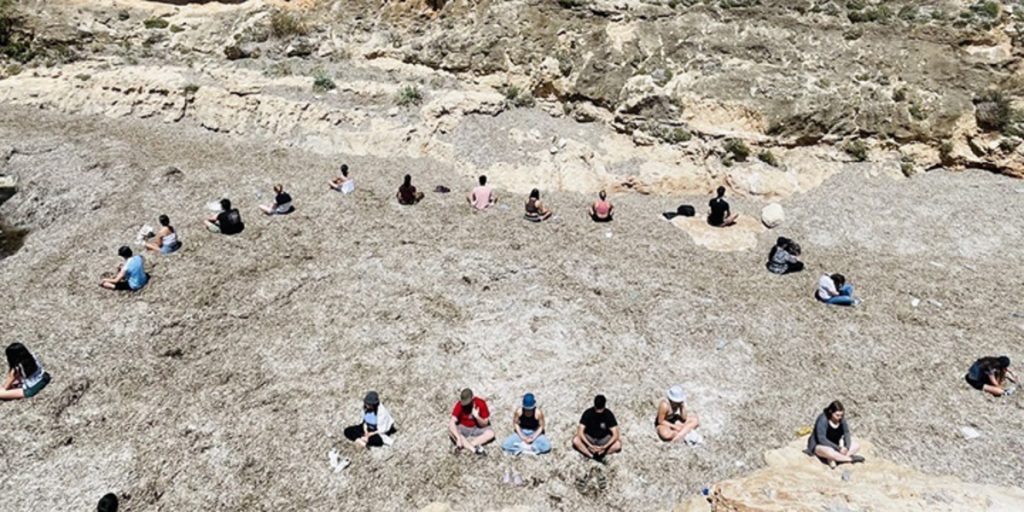
The concept of ‘Rethinking Lampedusa. Rethinking Malta’ resonates well with the approach to the cultural landscape of the Maltese islands adopted by Sofia Baldi Pighi, artistic director of maltabiennale.art, who conceives the event as “a Mediterranean platform that intends to investigate insular thinking, able to see the island not as a postcard utopia but as a delimitation that produces learning and encounters”. In fact, the project will also foster multiple encounters: between Italian and Maltese students, first and foremost, with their mix of Euro-dialectical and Anglo-analytical mindsets, and between different audiences of the Malta Biennale once the group will sail into the Grand Harbour, in mid-May. The probable absence of other encounters, with the migrants themselves, will be as meaningful as the presence of the others. Almost paradoxically, the key subjects of most investigations, which redefined the identity of Lampedusa as a ‘less-hostile’ doorway to Europe on the one hand, and of Malta as a ruthless state collaborating with conniving Libyan entities on the other hand, the very people who put their lives at risk at sea, will not be accessible due to strict protocols which force them into armored detention centres as soon as they are rescued. “When you’re in Lampedusa, migrants are nowhere to be seen”, Leonardo tells us. Conceptually, it is as if the entire migratory phenomenon in all its whirling force was converging towards this tiny point in the middle of the Mediterranean, only to get swallowed by it like by a gurgling drain.
Narratives of absence, of reconciliation and of cultural and political positioning will be unfolded, interpreted and shared, positively impacting the Maltese community with what the team hopes will be a story that will survive way beyond the Biennale, breaking through the indifference and the fear of speaking up that has often crippled the debate on migration, locally.
The Public Programme of maltabiennale.art runs between the 11th March and 31st May 2024.
For more info, visit https://maltabiennale.art/
